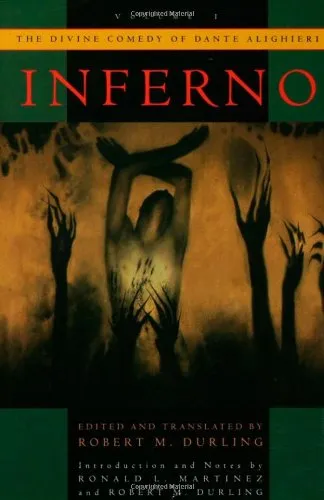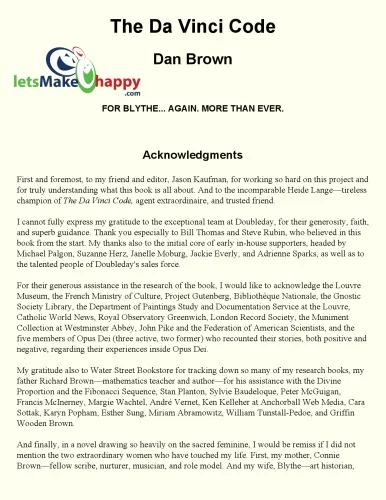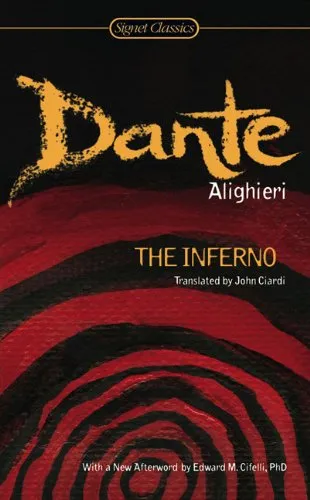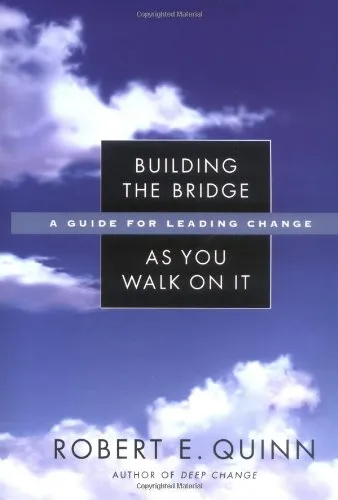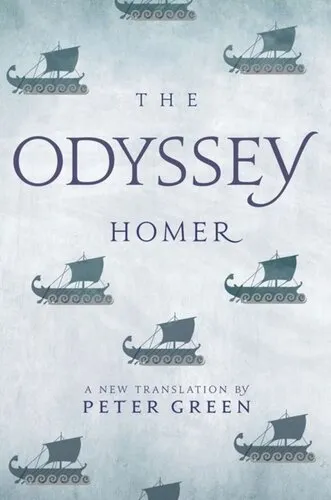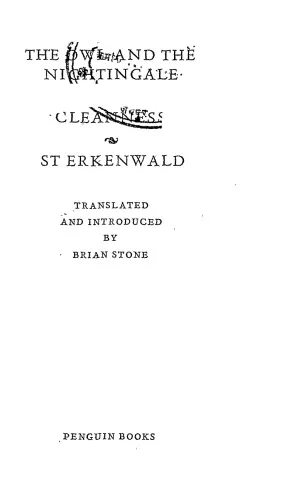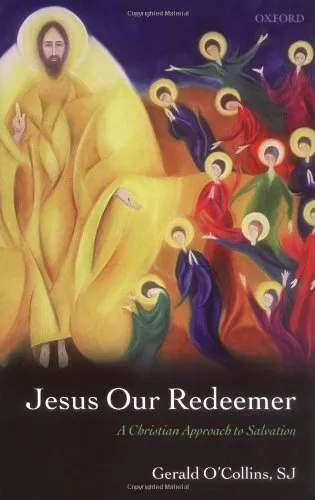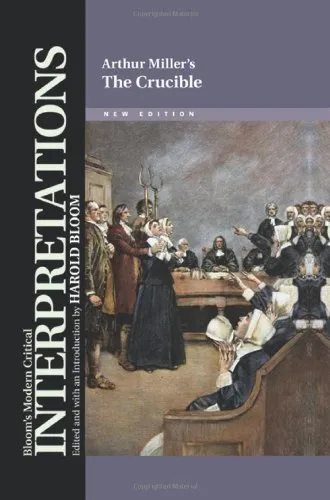The Divine Comedy of Dante Alighieri: Volume 1: Inferno (Divine Comedy of Dante Alighieri Reprint Series)
4.5
Reviews from our users

You Can Ask your questions from this book's AI after Login
Each download or ask from book AI costs 2 points. To earn more free points, please visit the Points Guide Page and complete some valuable actions.Related Refrences:
Introduction to 'The Divine Comedy of Dante Alighieri: Volume 1: Inferno'
Dante Alighieri's "The Divine Comedy" is one of the most significant literary works in history, encapsulating a profound journey through the realms of the afterlife. The first volume, "Inferno," invites readers into an exploration of hell in a complex allegorical journey marked by vivid imagery and timeless philosophical inquiries.
Detailed Summary
"Inferno" is the first part of "The Divine Comedy," set in a grand and vivid representation of hell. The narrative unfolds as Dante, both the poet and the protagonist, finds himself lost in a dark wood, symbolizing a state of spiritual confusion. Guided by the Roman poet Virgil, who represents human reason, Dante embarks on a journey through the nine circles of hell. Each circle is meticulously structured to reflect distinct punishments that correspond to various sins, illustrating the idea of divine justice: contrapasso, or the punishment reflecting the nature of the sin.
Throughout their descent, Dante and Virgil encounter an array of sinners enduring torments that serve both as punishment and cautionary tales. From the lustful swept in a whirlwind to the treacherous frozen in ice, each scenario delves deep into themes of moral justice, the nature of sin, and the consequences of human actions. By the end of "Inferno," Dante gains insight into the law of divine retribution and the necessity of spiritual enlightenment, setting the stage for his continued journey through Purgatory and Paradise.
Key Takeaways
Dante's "Inferno" offers readers myriad insights and reflections.
- Moral and Ethical Reflection: The journey through Hell prompts readers to consider their own moral compass and the potential implications of their actions.
- Allegorical Richness: The structure of the infernal journey serves both as an allegory for the human soul's path to redemption and a critique of contemporary medieval society.
- Poetic Innovation: Dante's use of terza rima and rich, multifaceted symbolism enriches the text, exemplifying masterful poetic composition.
- Understanding of Justice: The concept of contrapasso emphasizes fairness and justice as crucial themes within divine order.
Famous Quotes from the Book
Dante's "Inferno" is renowned for its powerful and enduring passages.
"Midway upon the journey of our life, I found myself within a forest dark, for the straightforward pathway had been lost."
"Abandon all hope, ye who enter here."
"In His will is our peace."
Why This Book Matters
"Inferno" remains a seminal work for many reasons, transcending its era to resonate with modern audiences. Its exploration of human nature, spirituality, and morality is timeless, reflecting universal themes that are as relevant today as they were in Dante's time. The text's structured descent into hell serves as a metaphor for personal introspection and the quest for understanding one's place in the cosmos.
The timelessness of Dante's "Inferno" lies in its ability to challenge readers to reflect on their actions, their ethics, and how they navigate the complexities of human existence. Furthermore, the text's influence on literature, art, and theology persists as it continues to inspire adaptations, interpretations, and scholarly discourse.
Free Direct Download
You Can Download this book after Login
Accessing books through legal platforms and public libraries not only supports the rights of authors and publishers but also contributes to the sustainability of reading culture. Before downloading, please take a moment to consider these options.
Find this book on other platforms:
WorldCat helps you find books in libraries worldwide.
See ratings, reviews, and discussions on Goodreads.
Find and buy rare or used books on AbeBooks.
1387
بازدید4.5
امتیاز0
نظر98%
رضایتReviews:
4.5
Based on 0 users review
Questions & Answers
Ask questions about this book or help others by answering
No questions yet. Be the first to ask!
